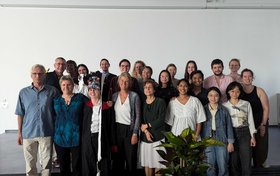Research Overview
The Interface Geochemistry research group at GFZ is a very international, dynamic and interdisciplinary team, addressing research topics spanning biogeochemistry, materials science, chemical physics and inorganic (geo-)chemistry. Our focus is on the quantitative elucidation of “interfacial reactions” driving and controlling biogeochemical processes shaping our planet's surface and (near-)subsurface environments from the nano- to the global-scale. We combine experimental and field-based approaches with state-of-the-art analytical electron and X-ray characterization techniques and gain fundamental knowledge about interfacial reactions and their impact on the cycling of carbon, nutrients and trace elements in abiotic and biotic systems.
Interface Geochemistry Seminar Series (IGSS) - spring 2025
Geomicrobiological and Geochemical Colloquium
Geomicrobiological and Geochemical Colloquium -May 6, 2025
Dr. Daniela Soto, University of Chile, Santiago, Chile
"What a colorful pole: insights into Antarctic snow algae blooms"
Tuesday, May 6th, 2025, 15:00 hrs , via Zoom
Zoom:
https://gfz-de.zoom-x.de/j/63130406739?pwd=HPv1NBGn3muX9LKUYVXqkalFJizt2h.1
Meeting ID: 631 3040 6739
Passcode: 584508
There are currently no vacancies.
Regarding potential fellowships, please contact Prof. Liane G. Benning .
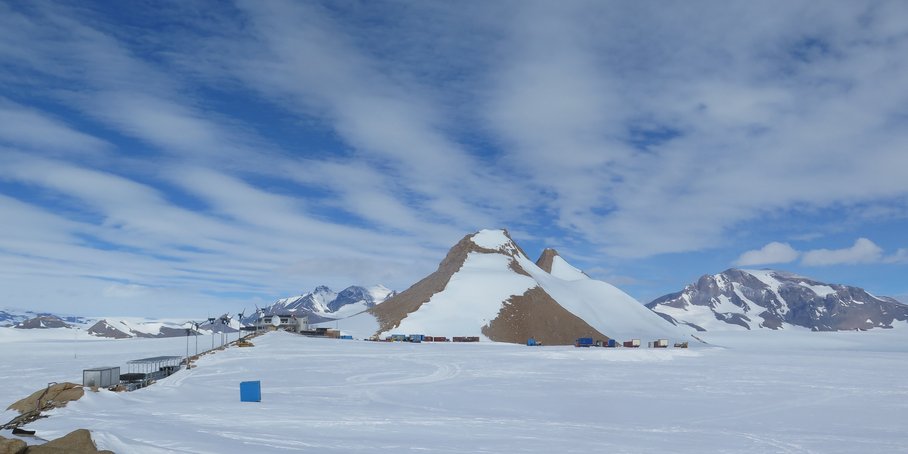
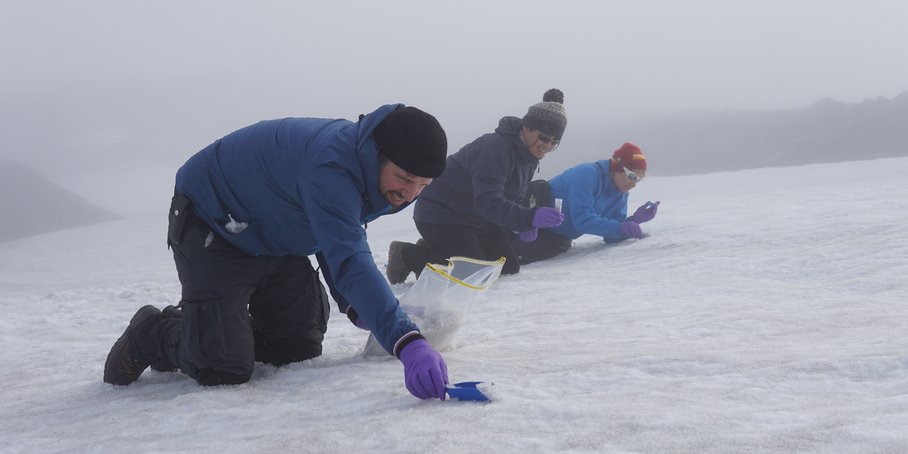
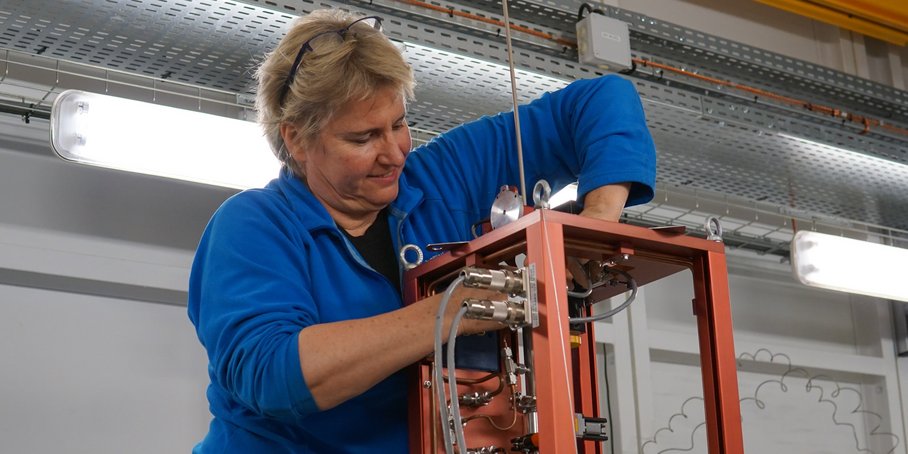
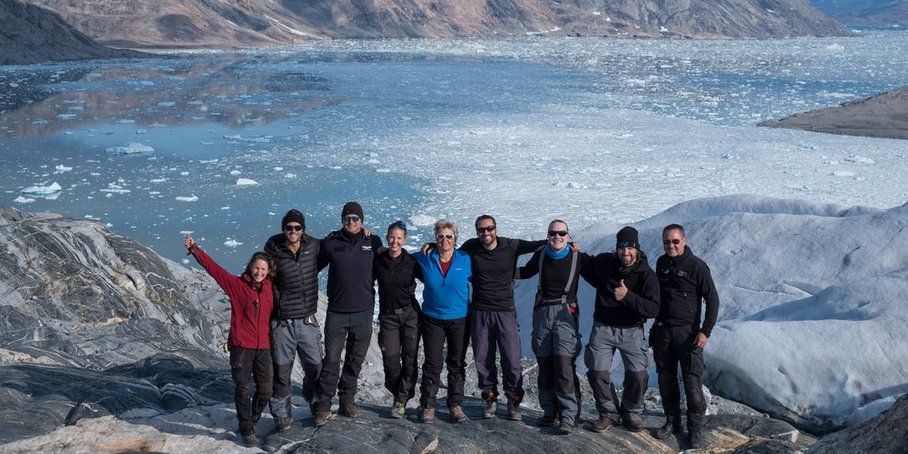

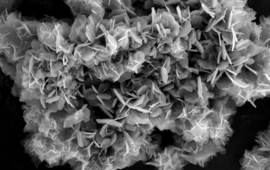

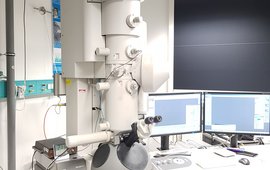
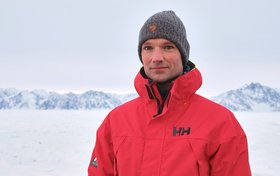
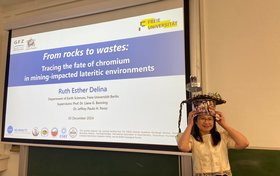

![[Translate to English:] Ice landscape with five red tents](/fileadmin/_processed_/8/9/csm_Zeltlager_auf_dem_Eis_Urheberin_Jenine_McCutcheon_e645cbb2ee.jpeg)
